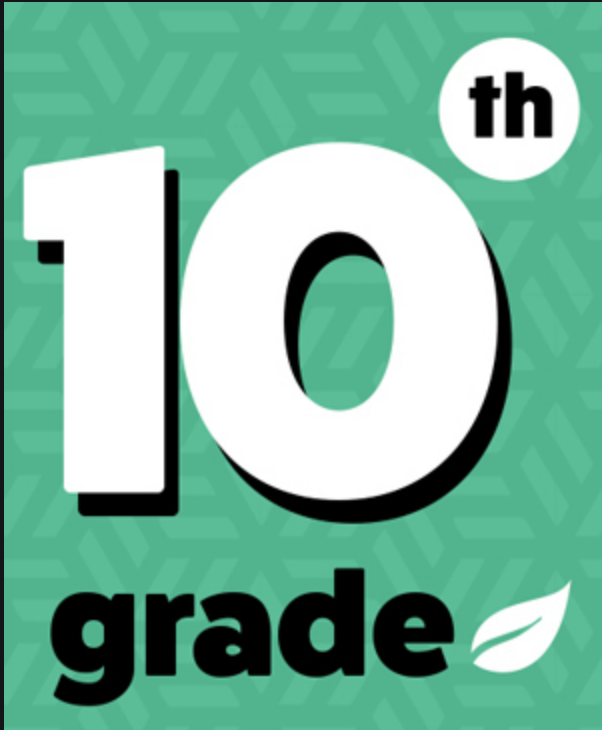The following college admissions to-do list for high school seniors will help you stay on track as you prepare your college applications, essays, and supplementary materials.
ACADEMICS & TRANSCRIPT:
Stay focused on academics. Review your transcript for accuracy.
-
Stay focused on academics. Many colleges request senior year (mid-semester, semester, and final) grades! Use resources such as Khan Academy, tutors, and extra-help sessions to thrive.
-
Request a copy of your transcript and review it for accuracy. Make sure that academic, profile, demographic, and other information are correct.
-
Make sure that unwanted entrance exam scores DO NOT appear on your transcript.
-
If you find transcript errors or unwanted entrance exam scores, speak with your school registrar or college counselor immediately about having them corrected or removed.
RESUME:
Prepare and/or update your resume.
-
Many colleges allow applicants to include their resume in their application.
-
Resumes can also be helpful for college interviews, recommendations, and scholarship applications.
COMMON APPLICATION & FERPA:
Familiarize yourself with the Common Application and FERPA.
-
Review the Common Application Ready Resources to gain an understanding of the Common Application. Pay close attention to the activities section information.
-
Learn about FERPA and the importance of waiving your rights for recommendation and application documents.
APPLICATION PREP
Prepare (1) Activities (2) Honors & Awards (3) Additional Information
-
The Common Application has sections for Activities, Academic Honors, and Additional Information with certain character/word limitations.
-
These sections are best prepared outside of the Common Application (Google Docs, Word, Spreadsheet) and transferred to the Common Application after being carefully reviewed.
TESTING and SCORES
Testing and reporting scores for admission
-
If you plan to take additional entrance exams (e.g., SAT, ACT, Subject Tests, TOEFL), register, and prepare.
-
Most (but NOT all) colleges require entrance exam information to be provided directly from testing agencies (College Board, ACT, TOEFL). Requirements, deadlines, and policies vary by school. Some schools are test-optional.
-
Many admission applications contain an optional area for students to enter their scores.
-
Unwanted ACT scores can frequently be deleted.
COLLEGE LIST
Review and finalize your college list
-
Your final list should include at least two “likely” schools.
KEEP TRACK OF REGISTRATION INFORMATION
Record registration information
-
Record your login information (e.g., password, username, registration email address, portal URL for college-specific logins) in a login spreadsheet or document that you can easily access.
DEMONSTRATE INTEREST / ENGAGEMENT
Engage with colleges and demonstrate your interest
-
Register and attend virtual (online) information sessions. Make sure to use your college admissions email address when you register.
JOIN COLLEGE MAILING LISTS AND REQUEST INFORMATION
-
Register for and attend virtual college information sessions. Make sure you register using the same email address that you will use to apply to colleges.
COLLEGE ADMISSIONS EMAIL ADDRESS
If you have been using more than one email address to correspond with colleges, and/or plan to use a different email address for applications, it may make sense to contact colleges regarding email address consolidation, so you get “credit” for visits, etc.
CREATE / START FILLING OUT YOUR COMMON APPLICATION
-
If you haven’t done so already, create your Common Application. https://apply.commonapp.org/createaccount.
-
If you already have created an account log into your Common Application. https://apply.commonapp.org/login
-
Search for colleges to which you plan to apply and add them to your Common Application portal. You will see added colleges in the My Colleges Section.
-
Start to complete the Common Application by filling out the PROFILE, FAMILY, and EDUCATIONAL tabs in the sections.
-
Select the option to allow colleges to know you are interested in them. You can do (confirm) this by clicking on the gray gear settings icon in the Common Application.
COLLEGE VISITS
Plan college visits (mostly virtual), information sessions, meetings (e.g., professors, band directors).
-
If you plan to visit campuses in person, make sure they are open to visitors.
COLLEGE INTERVIEWS
Plan and prepare for interviews. Schedule interviews as available virtually, on campus, and in your community.
-
Review the interview policy for each school to which you plan to apply.
-
Some schools have interview deadlines and interview request deadlines.
-
It isn’t uncommon for interviewers to ask applicants about an issue in the news to get a sense of their knowledge of (and interest in) current events. That’s one reason I recommend signing up and reading a daily news-related email such as TheSkimm, Quartz, or Need2Know.
RECOMMENDATIONS
Remember to waive FERPA rights. Confirm and invite recommenders. Provide writing points, complete questionnaires, and share resume as appropriate. Familiarize yourself with recommendation forms.
FINANCIAL AID AND INSTITUTIONAL MERIT SCHOLARSHIPS
If you are seeking aid, learn about the overall process and specifics for each school on your list.
-
Parents: Register for an FSA ID in September in preparation to complete financial aid forms in October: the FAFSA and possibly the CSS Profile.
-
If you are a Florida resident, make sure you are up-to-date on Bright Futures eligibility.
-
Explore merit scholarship opportunities on college websites.
-
A handful of institutions require the FAFSA for merit aid consideration, a few require the CSS Profile, and a very small number require both. Students and parents should consult the website of each college to which the student is applying or call the financial aid office to verify whether they need any forms, and if so, which ones and by what date.
-
Keep track of institutional requirements and deadlines for financial aid and scholarship, which vary by school.
ONLINE PERSONA
Review your online persona
-
Examine your information on Facebook and/or other social networks. Consider updating or deleting content that might not be viewed favorably by college admissions officers.
APPLICATION ESSAYS
Wrap up personal statement (main essay) drafts and continue work on supplemental essays.
ACTIVITIES
Keep up participation and leadership.
Written by: Lynn Radlauer Lubell, Publisher of InLikeMe.com and Founder of Admission By Design, an Educational Consultancy based in Boca Raton, Florida.


